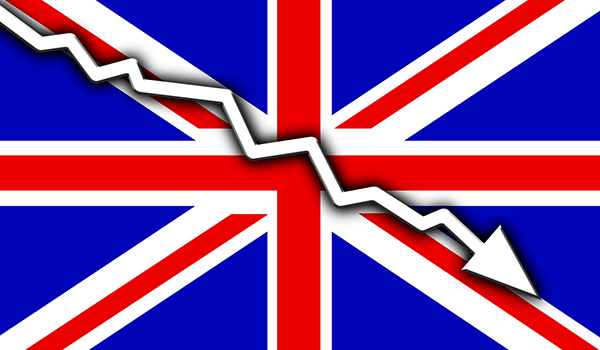The UK inflation rate hit its highest level for five years last month. Food prices and transport costs contributed to a large part of this. The CPI (Consumer Prices Index) rose to its April 2012 level of 3% an increase of 2.9% over the August figure.

This inflation level is highly likely to trigger an interest rate hike in the UK in November. The current Bank of England interest rate is 0.25%. By how much this will rise is debatable, but it seems almost certain that an increase is needed to cut back on inflation.
The cost of borrowing has to be considered along with the cost of investment. The relationship between these two is what affects the interest rate. If the interest rate increases, the borrowing rate drops. This results in less cash in the economy, fewer products purchased and ultimately, if this is not controlled, recession.
The Bank of England in the UK and the Federal Reserve in the US are trying to maintain a balance. Spending and borrowing have to be controlled, while investment needs some incentive to inject cash into the mix.
This is why the interest rate is largely dependant on the inflation rate. If inflation increases so must the interest rate. That is why the CPI rate is important. However, we should not ignore the effect of Brexit: the pound dropped in value which contributed to inflation. This is because imports from other countries became more expensive.
Another reason why the RPI is so important is that the state pension increases in April in accordance with September’s CPI. That means a 3% increase for pensioners. Business rates will go up by September’s Retail Prices Index (RPI) of 3.9%. These could be described as inflationary increases, or as realistic increases to retain pensioners’ spending power.
The UK inflation rate is important and has exceeded the rate of growth of wages. That means the spending power of working people has been reduced. This may affect markets within the UK. Time will tell.